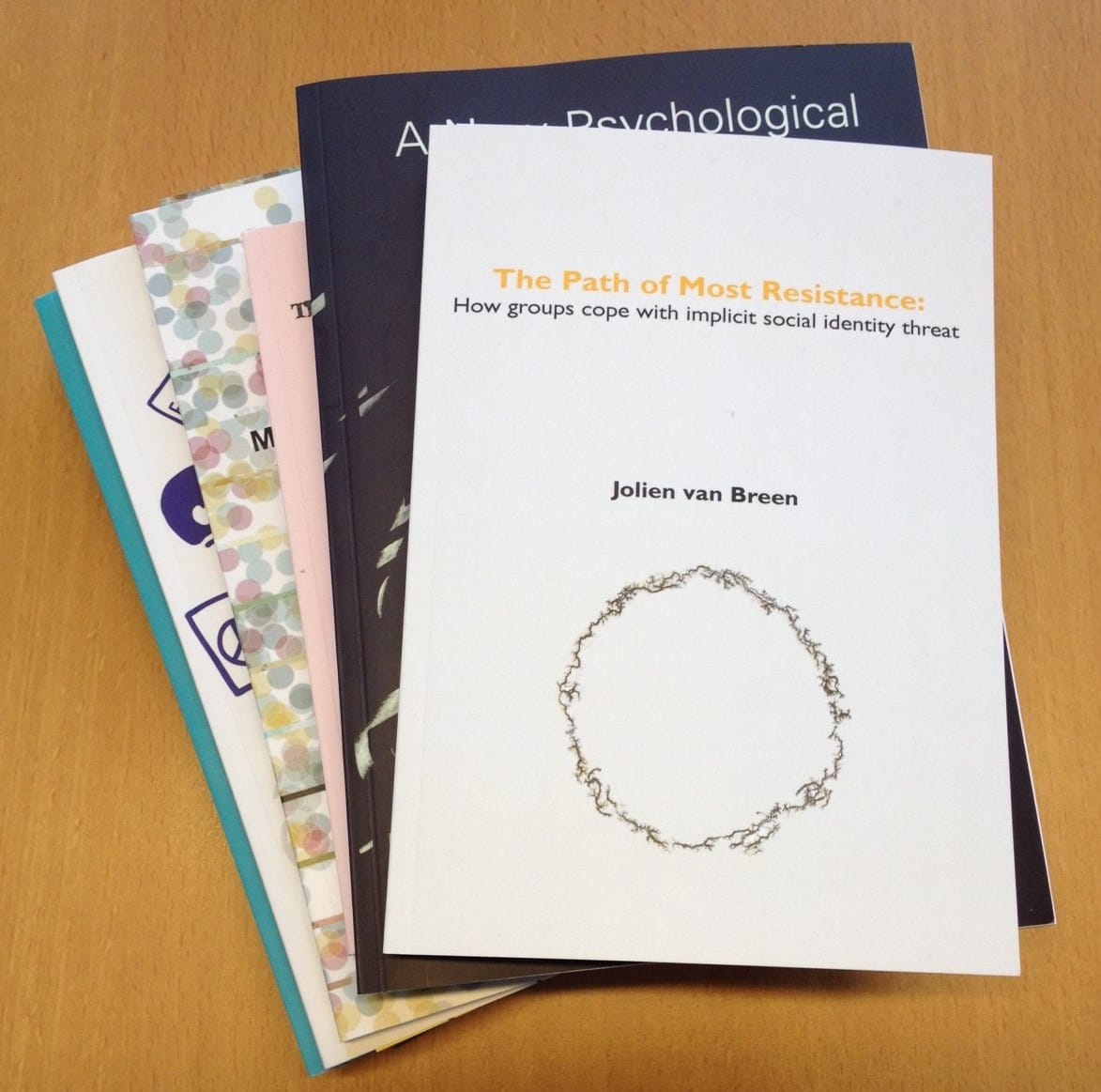Early traumatic experiences have an impact on later outcomes and adult life, the very thing is, the long-term consequences not always must be only negative. In this post, Solomiia explains the relevance of childhood adverse experiences, the role of Resilience on later outcomes, as well as a general overview of the study currently conducted by the group led by Dr. Bertus Jeronimus in this topic.
Researchers can think very differently about basic concepts. However, when such conceptualizations are only implicitly represented in our work, they can lead to misunderstandings with different scholars, which may result in heated (but probably unnecessary) debates. Here you can read about how such an incident happened to my colleagues and me.
Drawing on his experiences of working with refugees during the 2015 refugee crisis Joel Fischer argues that a practical intervention based on the resilience approach is essential for creating a sustainable society. This approach takes factors such as the individual level and the family level into account and allows for respective interventions.
Today, Jolien van Breen will defend her dissertation in which she demonstrates that members of disadvantaged groups can resist subtle cues of social devaluation, such as implicit stereotypes. That is, she demonstrates that members of disadvantaged groups are more resilient than previously thought.
Researchers have an extremely high level of expertise within their domain. However, relying on this domain-specific expertise alone might not always be enough to advance a given research areas. Instead, collaboration various different researchers from virtually any domain can improve our work immensely.





